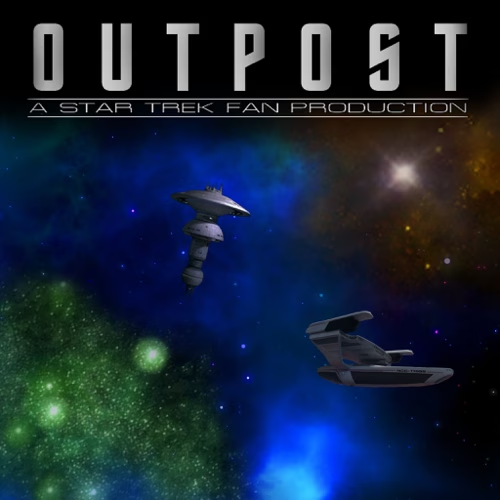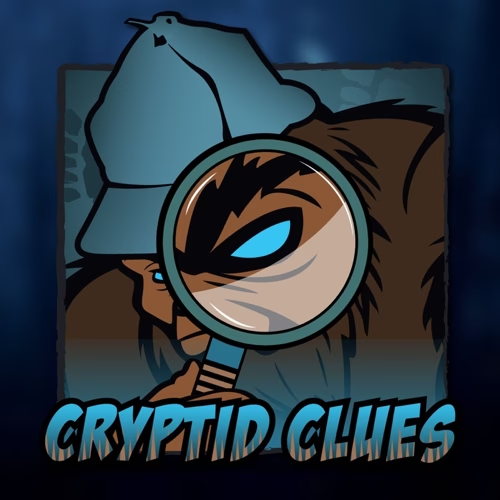
Bra podd
Sveriges mest populära poddar

Welcome to the Planet Beyond podcast. Brought to you by Fugro, the leading partner in uncovering geo-data from the greatest subsea depths right to outer space and hosted by Jon Baston-Pitt. Planet Beyond is about doing business better in our fast changing, and acutely delicate, yet exquisite, world. Together we will explore issues beyond the day-to-day challenges; listen to those who should be listened to; seek out what needs to be done and get aligned around the new tomorrow our children deserve and that we have a responsibility to deliver.
Avsnitt
Podden Planet Beyond är skapad av Fugro. Poddens innehåll och bilderna på den här webbplatsen hämtas med hjälp av poddens RSS-flöde.
00:00
-00:00




